Desire slowly drained from my body. My mind was blank, familiar things suddenly foreign. I looked down at my bare chest, unable to see the “little ball” somewhere under the soft tissue that my fingertips had touched.

Illustration
In the days after the lump was discovered, I couldn’t stop thinking about Linh. She was a friend of a friend from my hometown in Vietnam. I didn’t know much about her, but I knew her story. A year earlier, Linh had discovered a lump in her right breast. She ignored it for a few months, hoping it would go away. But it didn’t. By the time she went to the doctor, the lump had grown so large that she had to have her entire breast removed. Linh was only thirty-one when she was diagnosed with breast cancer.
I was about to turn thirty-two. Where I live in Germany, the earliest I could get an appointment with a gynecologist was three months away, in January. I feared it was too late. I couldn’t help but think that if I had stayed in Vietnam, I could have had an appointment within two weeks. I was starting to weigh the pros and cons of flying home when my husband walked through the door of our apartment. I looked up from the wooden kitchen table where I had spent the afternoon. As he took off his coat, he informed me that he had called the gynecologist’s office and made an appointment for me at noon the following Monday.
A week passed, seven sleepless nights. Tonight was no different. In my left hand was my husband's hand, which I was holding tightly. Before my eyes were thousands of small lights, thousands of future possibilities. My mind drifted to Linh.
What haunts me most about Linh’s story is the way her illness froze her life. Linh had just quit her job at an investment bank and was about to embark on a vacation to travel around the world . Her first stop was Beijing, from where she planned to take the Trans-Siberian train to Moscow. But on the day Linh was to begin her journey from Vietnam, she was rushed into surgery. By the time she was due to arrive in Beijing, Linh had lost one of her breasts. Instead of the beautiful, peaceful views she had seen through the train window, she had to undergo hormone therapy and chemotherapy. By the middle of her vacation, Linh had lost her hair, her facial pigmentation, and her control over her body and her days.
But Linh is still breathing. This is the thing that I feel most comforted about.
Beside me, my husband snored softly. He let go of my hand and turned to the side, his back to me. I thought about the wedding dress business I had been planning for the past two years, which would start in eight months. I vaguely thought about the changes Linh had undergone in the same eight months. Suddenly, in my mind, there were flickering lights that had just gone out, and lights that were about to go out.
I'm not lying to myself that I'm finding it harder and harder to breathe.
I have only been to the doctor once in the three years since I came to Germany. My husband was not very happy about this. But what he did not know was that it was also the first time I had been to the doctor in more than ten years. The last time was during my first summer here, when I was still studying intermediate German.
The sound of footsteps coming down the stairs signaled the arrival of a nurse, who ended our wait. She frowned at the bulletin board as she called my name: "Tra Ti Ci, die Frau von Herrn Doktor Muller!". Everyone turned to look at me. With my inability to pronounce my name in Vietnamese, my identity had been reduced to Dr. Muller's wife. I wanted to tell my husband that even the blond children in front of me were called by their names when it was their turn, but I kept quiet and followed them up the cobwebbed stairs.
For the next two hours we were in the clinic and the atmosphere was quite stuffy, people around were talking about me. Maybe because of my appearance they thought I didn't understand their language.
As much as I hated going to the doctor, I started counting down the days until my gynecologist appointment. Five days. Four. Three. Two. One.
It was Sunday night, shortly before midnight.
I asked my husband how to describe that “ball” in German. I had passed my advanced German exam a few months earlier, but I still wasn’t sure if that was enough to get me through what was coming. I listened carefully to the way the syllables rolled off his lips. Then I practiced pronouncing the words, as if reading from a script: I have a lump in my breast: Ich habe einen Knoten in meiner Brust.
As I was repeating it for the third time, my husband turned around and took my hand - his was warm, mine was cold. "Alles wird gut," he said. Everything will be okay. The same words he often used to encourage me.
"You don't understand," I said.
The nightlight was on, casting a honey glow over his thick brows and deep-set eyes. “Whatever happens, we’ll get through it together,” he said.
He squeezed my hand and for a brief moment, I felt the cold uncertainty inside me melt away. But I still knew that there were paths I had to walk alone.
Monday morning. I was about to leave the apartment to catch the bus when a text message from my mother popped up on my phone. The same question she had been asking all week. Would my husband go with me to the gynecologist today? Again, I said no. I had told her yesterday that most of the doctors in his department were either sick or on vacation, and he wouldn’t be able to miss work. I tried to straighten my shoulders as I opened the door. But it was too late, my confidence had evaporated.
Forty minutes later, I got off the bus. An hour early, I headed to the nearest bookstore. It was strange to think that I used to be late in Vietnam, a habit I had completely broken in this country where people are always punctual. As I walked to the English Fiction section, my phone flashed with a text from my husband, asking how I was feeling.
“Ich habe Angst,” I typed back. In German, the word “angst” refers not only to a vague sense of anxiety about one’s situation, but also to fear. Roughly translated: I am afraid. I compared it to the English equivalent, “I am scared,” and a wave of comfort washed over me. Perhaps it was the subconscious knowledge that the fear I was holding in the present moment would leave me in the next few seconds, would pass quickly. It was not me. That I was stronger than my fears, stronger than the “little ball” clamped between my left breast.
"I can do this," I said to myself. I can do this.
There was no reply from my husband. He must be busy with his patient. I put my phone in my pocket and walked to the bookshelf. For the next thirty minutes, I scrolled through bright virtual worlds, almost distracting me from my impending fear.
At the entrance to the gynecology clinic, I rang the bell.
Once, twice, several times. But each time I tried to push the door open, it wouldn’t budge. Only after eight minutes, when someone left the clinic, was I able to get in. I saw the air conditioning as I entered, a reminder of its prevalence in Vietnam, though it was turned off when the hot summer passed. As I walked to the reception desk, the door behind me clicked. I glanced up. A red-faced woman, her belly swollen with pregnancy, entered. She was panting after climbing a flight of stairs. I was breathing fast too, but for different reasons.
I mentally practiced pronouncing the gynecologist’s last name until it was my turn to speak to the bespectacled receptionist. She didn’t return my smile, but I told myself not to feel offended. I handed her my health insurance card and filled out a form, avoiding the question about when I’d last seen a gynecologist. Then she directed me to the third waiting room down the hall.
I sit down. Here, I am alone.
Last night, I dreamed of my grandmother, whom I had not seen for five years. Only later, when the gynecologist asked if there was a history of cancer in my family, did I remember that my grandmother had died of cancer, and I was no longer there to hold her hand as she passed away.
I don’t know when I folded my hands in prayer, the way my grandmother taught me when I was a child. I don’t remember the words of the Buddhist scriptures, but I remember the comfort of being with her. Instinctively, I bowed my head and closed my eyes.
Here I am sitting in an empty waiting room, far from my home country, far from the peace of my childhood. But perhaps I am not alone.
I stepped out of the clinic and the bright light filtered through the yellow branches of the deciduous trees. A breeze blew, rustling the fallen leaves. Above me, the honking of migrating geese echoed. I took a deep breath, filling my lungs with the smell of autumn, of decay. I picked up my phone and scrolled through the messages from my husband and my mother.
At the moment, no one else knows what the gynecologist told me in the clinic. At the moment, no one else knows that there was not just one "little ball" but several others. Mysterious balls were hiding in the white breast tissue. The largest ball, thanks to which I came to the clinic, was one and a half centimeters in size.
Soon after, my husband called and I told him the news. Then I sent a long text message to my mother, telling her the same thing. When I read her reply, I started to cry. It didn’t matter that I was a grown Asian woman walking down the streets of Europe with tears streaming down my face. I read my mother’s text message again and again. She wished she could be here with me. I thought back to eleven years ago, when she had surgery to remove a cyst from her uterus. The same uterus that carried me for the first nine months of my life. Where was I then? In London, on a student exchange program. What did I wish then? That my mother’s cyst didn’t exist, simply so I wouldn’t have to go home early.
Tears kept falling. Breathing was heavy.
I closed the bathroom door, stripped off my clothes, and touched the sticky smear of ultrasound gel near my elbow with my fingers. In the mirror, I saw a frown on my face.
Be happy, I urged myself. Be happy that the mysterious "orbs" lurking in my chest hadn't been classified as malignant. Be happy that I had six more months before my next check-up. Be happy that my husband, my mother, my grandmother had persevered despite my many shortcomings.
But there is one thing I haven't told them.
In my uterus, there is also a small ball the size of a blueberry, its life depends on me.
I have to live.
( Based on a true story of the author's friend named Chi )
Rules
Live beautifully with total prizes up to 448 million VND
With the theme Loving Heart, Warm Hands, the 3rd Beautiful Life contest is an attractive playground for young content creators. By contributing works expressed through various forms such as articles, photos, videos ... with positive content, full of emotions and attractive, vivid presentation suitable for different platforms of Thanh Nien Newspaper.
Submission period: April 21 - October 31, 2023. In addition to the forms of memoirs, reports, notes, and short stories, this year the contest has expanded to include photos and videos on YouTube.
The 3rd Beautiful Living Contest of Thanh Nien Newspaper highlights community projects, volunteer journeys, good deeds of individuals, entrepreneurs, groups, companies, enterprises in society and especially young people in the current Gen Z generation, so there should be a separate contest category sponsored by ActionCOACH Vietnam. The appearance of guests who own works of art, literature, and young artists loved by young people also helps the theme of the contest spread strongly, creating sympathy among young people.
About the contest entries: Authors can participate in the form of memoirs, reports, notes, reflecting real stories, real events and must have accompanying character images. The article must express the content about a character/group that has taken beautiful, practical actions to help individuals/communities, spreading warm, humane stories, optimistic and positive living spirit. As for short stories, the content can be composed from real or fictional stories, characters, events... of beautiful living. The contest entries must be written in Vietnamese (or English for foreigners, the organizers will take care of the translation) no more than 1,600 words (short stories no more than 2,500 words).
About the prize: The contest has a total prize value of nearly 450 million VND.
In the category of articles, reports, and notes, there are: 1 first prize: worth 30,000,000 VND; 2 second prizes: each worth 15,000,000 VND; 3 third prizes: each worth 10,000,000 VND; 5 consolation prizes: each worth 3,000,000 VND.
1 prize for the article most loved by readers (including views and likes on Thanh Nien Online): worth 5,000,000 VND.
For the short story category: Prizes for authors with short stories participating in the contest: 1 first prize: worth 30,000,000 VND; 1 second prize: worth 20,000,000 VND; 2 third prizes: each worth 10,000,000 VND; 4 consolation prizes: each worth 5,000,000 VND.
The Organizing Committee also awarded 1 prize to the author with an article about entrepreneurs living beautifully: worth 10,000,000 VND and 1 prize to the author with an outstanding charity project of a group/collective/enterprise: worth 10,000,000 VND.
In particular, the organizing committee will select 5 honored characters voted by the organizing committee: award 30,000,000 VND/case; along with many other prizes.
Articles, photos and videos to participate in the contest, readers send to the address: [email protected] or by post (Only applicable for the Article and Short Story contest categories): Thanh Nien Newspaper Editorial Office: 268 - 270 Nguyen Dinh Chieu, Vo Thi Sau Ward, District 3, Ho Chi Minh City (clearly write on the envelope: Works participating in the 3rd LIVING BEAUTIFULLY contest - 2023). Detailed information and rules are posted on the Living Beautifully page of Thanh Nien Newspaper.

Source link



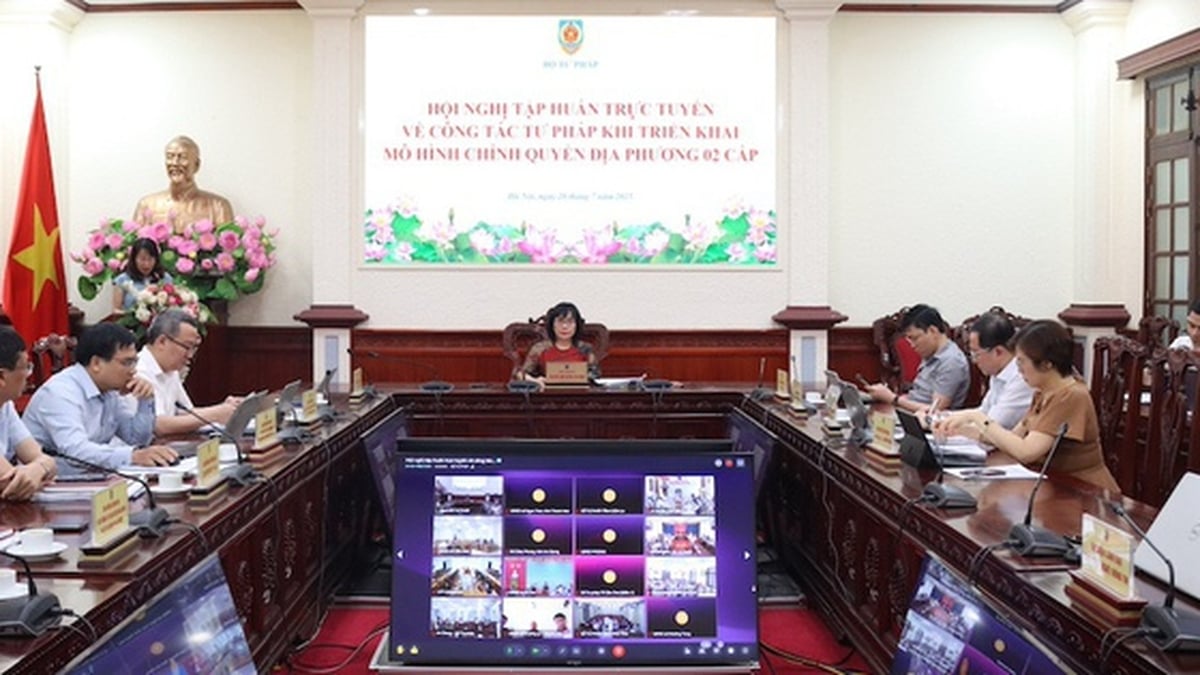

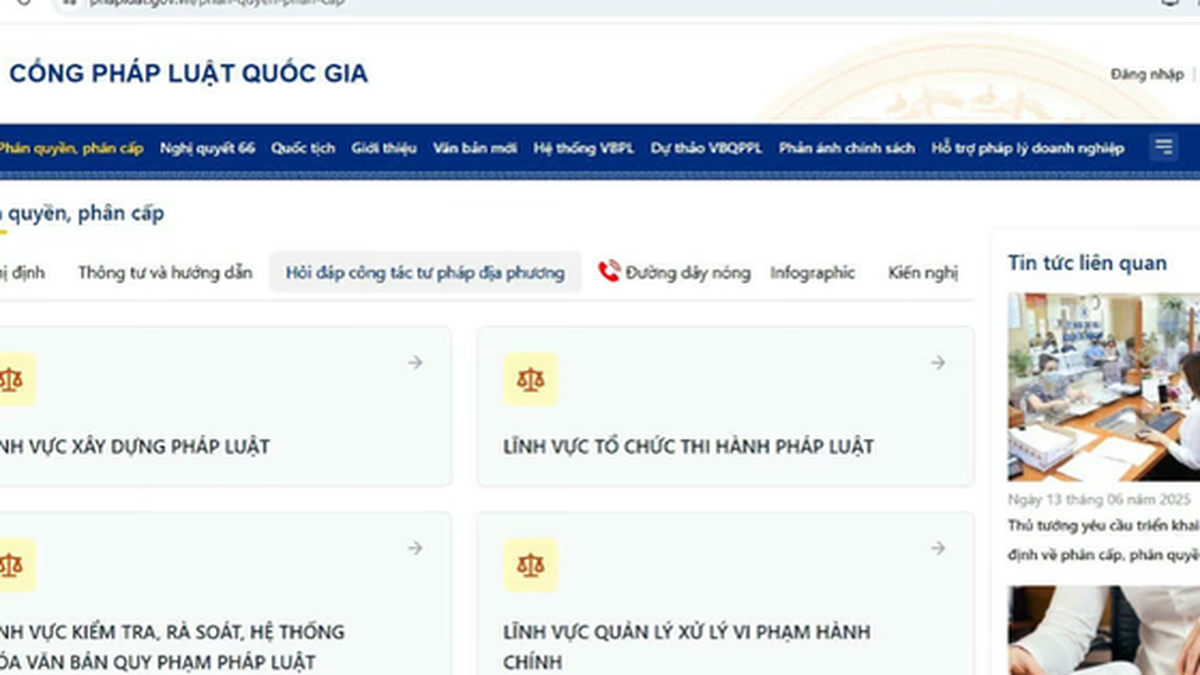
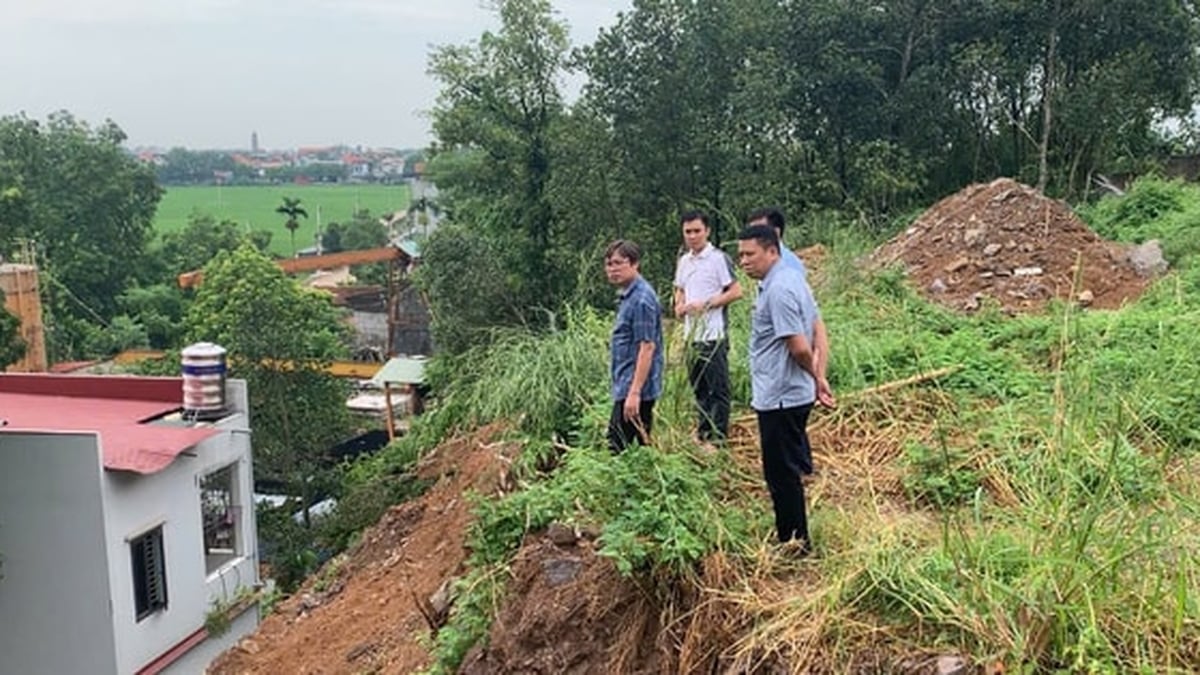
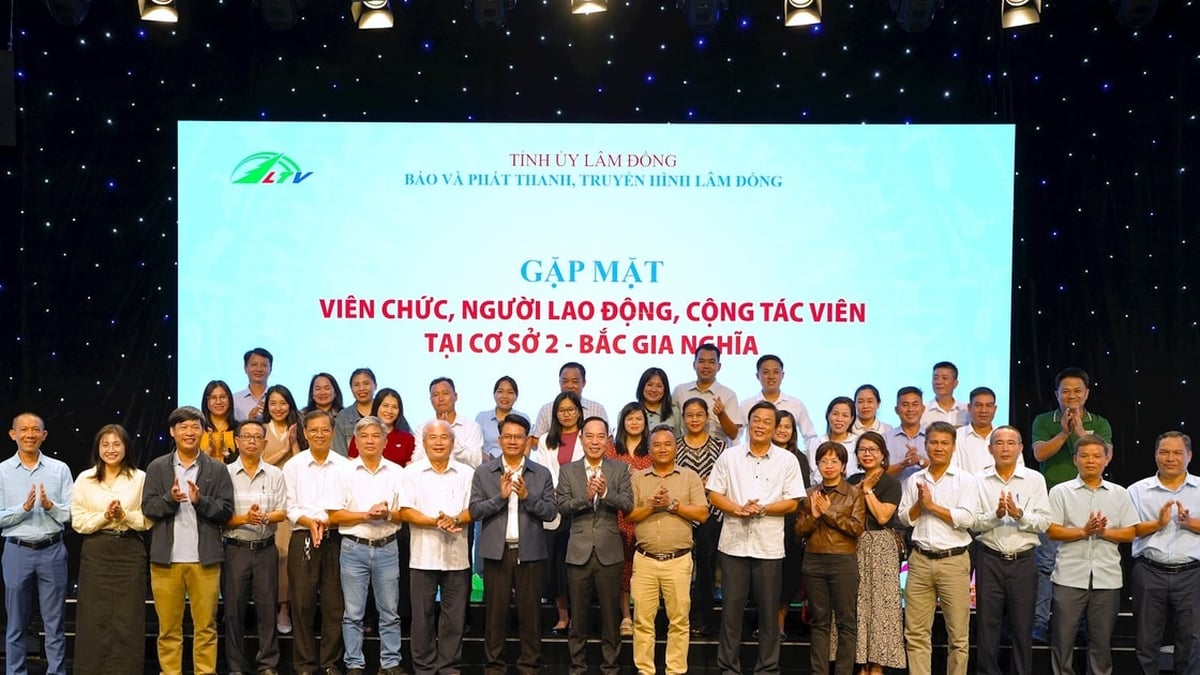
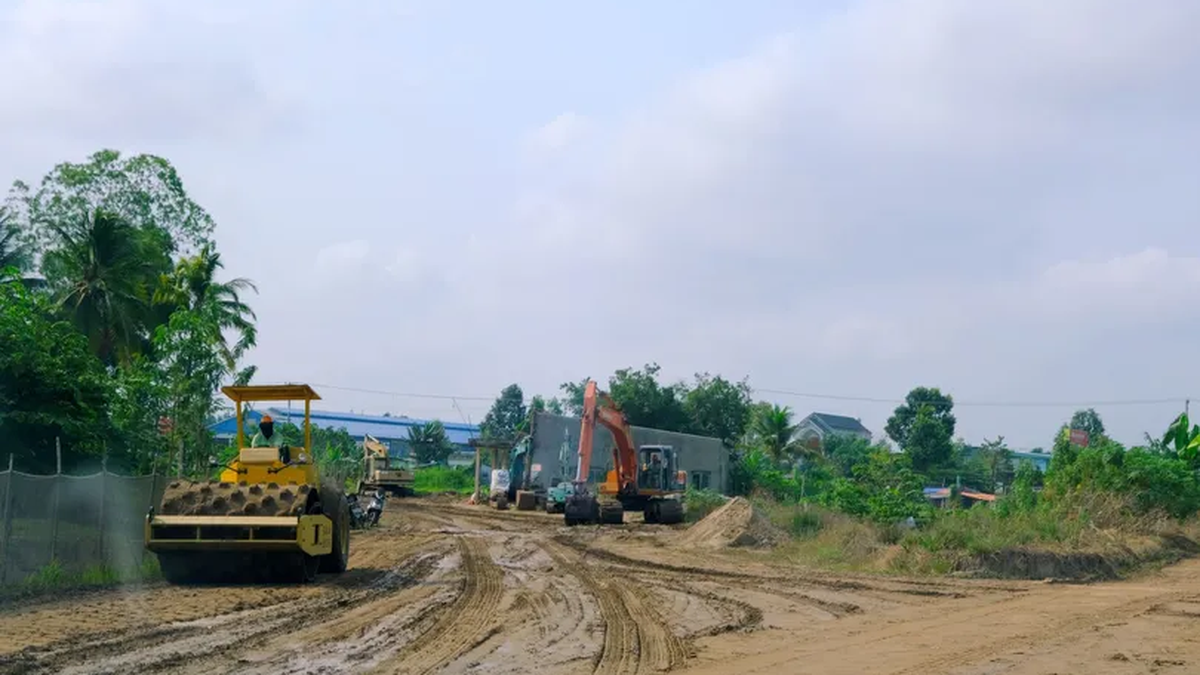
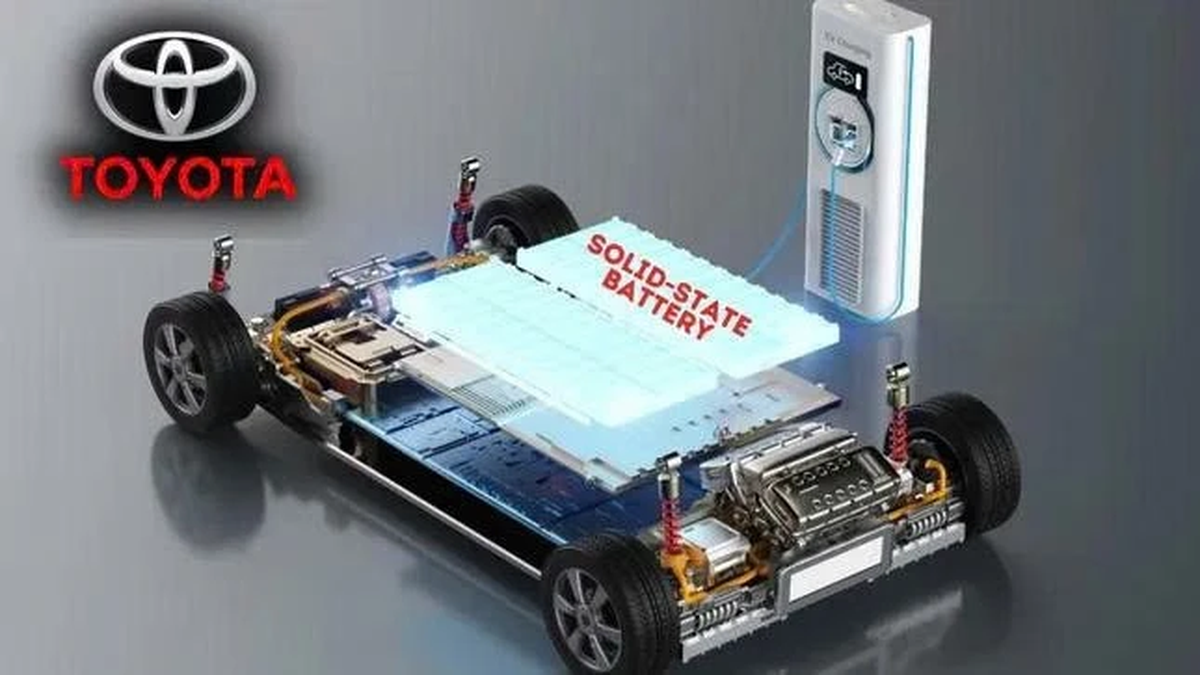
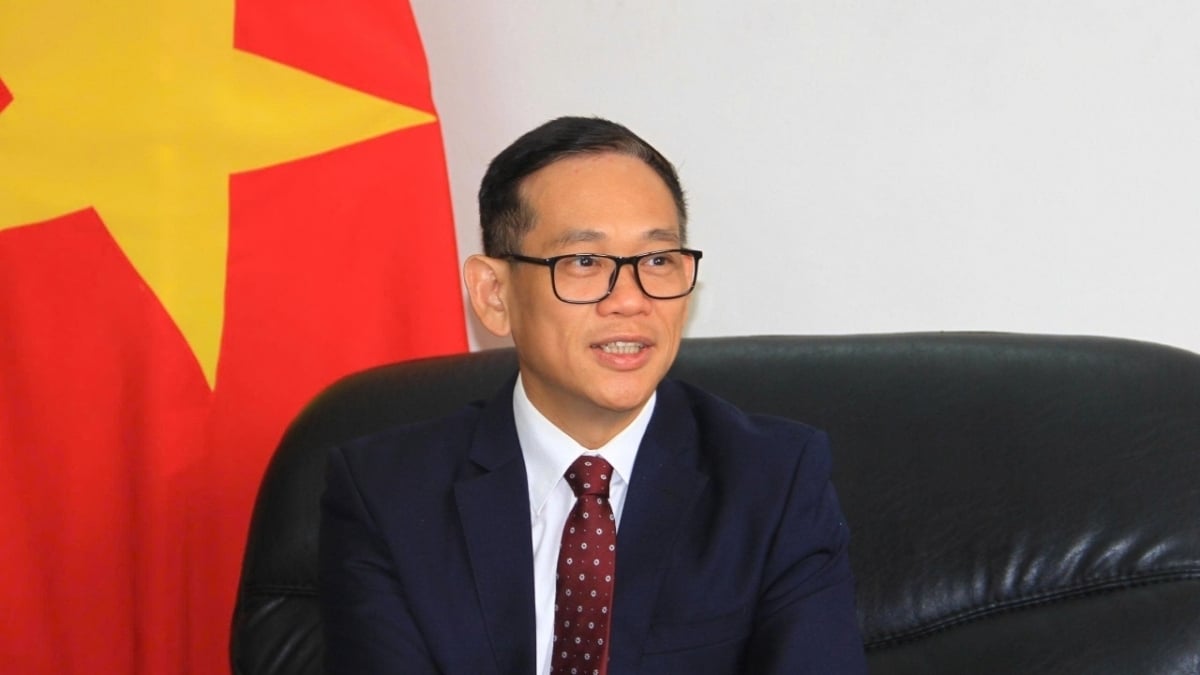















![[Photo] National Assembly Chairman Tran Thanh Man visits Vietnamese Heroic Mother Ta Thi Tran](https://vphoto.vietnam.vn/thumb/1200x675/vietnam/resource/IMAGE/2025/7/20/765c0bd057dd44ad83ab89fe0255b783)






































































Comment (0)